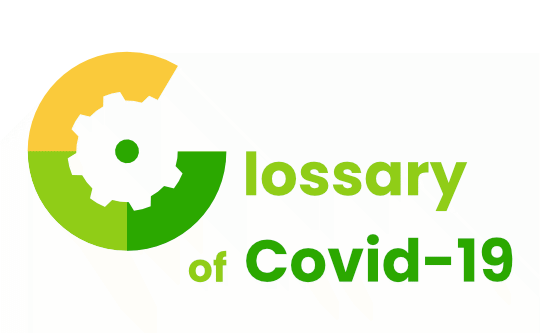Covid-19 brought to the fore what had already been going on the last decades: that the whole world was experiencing chaotic states, both on a territorial and on a global level (fires, unemployment, migration, wars, memorandums, stock exchange failures, migration, violence, poverty, environmental threats, and severe mental health issues such as depression and existential alienation). Even if – and when – successful treatments and vaccines develop to combat the coronavirus, the rest of the problems will still be there for humanity to face up to and deal with. Among other competencies, what becomes prevalent in this emergency is resilience. Resilience is defined as: “Overcoming adversity”, “Being able to adapt to challenging situations”. In my psychotherapeutic work with individuals and families, resilience comes in as a key factor for psychological and systems survival.
But resilience cannot be perceived in a vacuum or rather, as not taking into account the “Zeitgeist”, the spirit of the time. The chaotic states mentioned before are here to stay. So, what does resilience constitute of, with regard to the chaos round us?
It seems to be the case that the mindset of accepting chaos as a major force in life, preparing for it, actually designing one’s life towards it defines the pillars of resilience nowadays. According to the theory of chaos, systems develop with a certain equilibrium up to a certain threshold. When this threshold is reached, there are two possibilities: either the system collapses, or grows into a more differentiated, more complex way of existence, reaching another equilibrium, another order. The coronavirus presents such a threat and along with it, a chance for a higher, more sophisticated level of complexity regarding human experience, function and survival.
Therefore, chaos is a constant state of our existence, and due to specific factors having to do with, for example, overpopulation on earth, extraordinary interconnectedness and the unprecedented developments of technology, chaos is reached very fast and without giving the world the ability to prepare. We must accept that change is probable, constant, pervasive, and potentially positive, if resilience for it is established.
In order to develop resilience we should be able – or supported, in order to become able – to get in touch or develop multiple identities, listen to the different facets of a single identity, give room to each one of them to be attended to and expressed – in other words, develop a certain kind of personal leadership with elements such as mental agility, critical thinking and adequate reality testing. Leaving behind generational drawbacks and sterile stereotypes about ourselves and the world, we also develop what is called “situational awareness”; in other words, adaptation to external reality demands. How do we succeed in this? By developing external as well as internal models of “stability”, “order”, and “safety”, coupled with practical, hands-on skills (computer literacy ICT dexterity, distance learning and communication, to mention but a few). To these ends, nowadays, more than ever, counsellors and psychotherapists, mentors and spiritual leaders, together with ICT, physics, biology, medical and environmental experts are mostly needed to be “used” wisely. Being able to identify, trust and then follow “real expertise” becomes a key element of the so much needed resilience. On top of that, it is mandatory to shift from a fixed mindset of being to a flexible, “fractal”, a growth mindset, where, when a certain stage of expertise is reached with regard to resilience and other competencies, being prepared to face any chaotic situation – actually being more able to predict it – comes up as a key factor of resilience. With regard to connectedness and social distancing, we do not have always to operate on an “autonomous” mode – actually, we are more interconnected than ever. However, when chaos establishes again, we are called to have developed skills and competencies which put us immediately into the “resilient mode”. When a new equilibrium is reached – and it is always the case in chaos theory, otherwise the world will collapse! – then we can relax and connect to the others again. Basically, what is required from us is to become better, more developed, more complex, more “expert” versions of ourselves. Our human dimension will then become even more “fractal”; it will acquire new, unprecedented qualities. The coronavirus, with its pervasive force and the extraordinary threat it poses to our physical existence, offers us a unique chance: to get a bit closer to one of the basic tenets of Christian religion: moving from the figurative “I” to the analogical “I”: to excel as humans and to “resemble” God.
21.04.2020
Aimilia Markouizou Gkika, MBPsS
Psychologist-Systemic Family Psychotherapist


